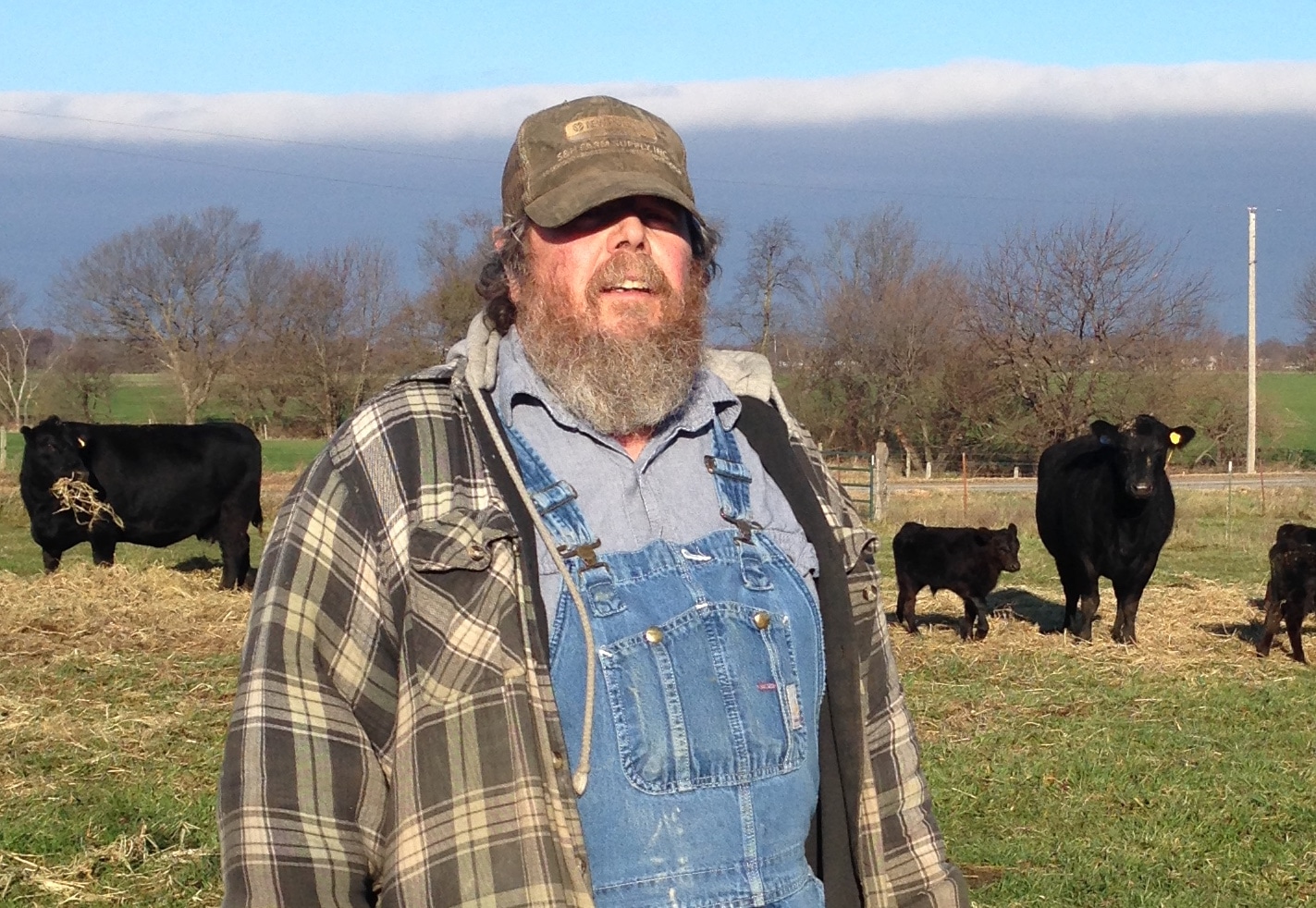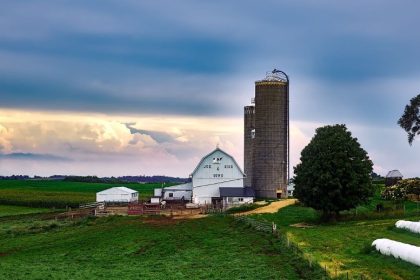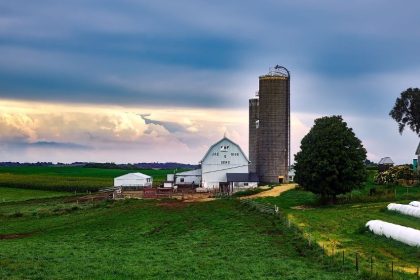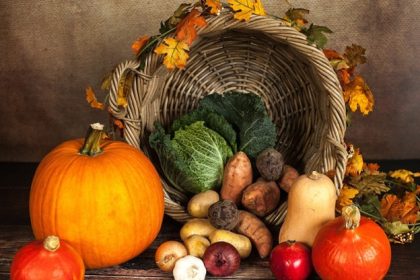Small Farmers Worry Government Won’t Bail Them Out of Pandemic Woes

When the coronavirus started shutting down livestock markets, Darvin Bentlage knew his farm would take a hit. Springtime cattle sales usually bring in about a third of his ranching income, and cattle prices were already at a low, he said.
“I think we’ll be playing it pretty close to the chest,” said Bentlage, a fourth generation cattle and grain farmer from Barton County, in southwest Missouri. “We’ve had a downturn in the last five years, so this is just adding more pain onto it now,” he added.
The coronavirus crisis has profoundly disrupted America’s food chain by closing restaurants, schools, and hotels, leaving many U.S. farmers reeling from financial losses as they struggle to sell their products.
Dwindling wholesale demand has forced dairy farmers in Wisconsin to dump thousands of gallons of milk, and vegetable growers in Florida to destroy hundreds of acres of crops.
The $2 trillion economic stimulus package passed by U.S. lawmakers last month is supposed to alleviate some of that pain. The Coronavirus Aid, Relief, and Economic Security Act –– also known as the CARES Act –– allocates $23.5 billion in emergency funds for farmers affected by the crisis.
But some farmers are worried they won’t get their fair share of the pie. “They put a lot of dollar signs and a lot of zeros behind them, but there’s not much language on how it will be dispensed,” said Bentlage.
The bill breaks that money down into two different funding pools, though it provides limited guidance on how it should be spent.
The U.S. Department of Agriculture will receive $9.5 billion in discretionary funding to support a wide range of farmers affected by the crisis that includes “producers of specialty crops, producers that supply local food systems, including farmers markets, restaurants, and schools, and livestock producers, including dairy producers.”
The other chunk –– $14 billion –– will replenish the Commodity Credit Corporation, the state borrowing authority that finances the USDA’s farm income support and commodity pricing programs.
“At the direction of @RealDonaldTrump, @USDA is using all financial resources we have been given to develop a program that will include direct payments to farmers & ranchers hurt by COVID-19 & other procurement methods to help solidify the supply chain from producers to consumers,” said Secretary of Agriculture Sonny Perdue in a Twitter statement posted last week.
“The bill isn’t very specific at all,” said Tim Gibbons, a spokesperson for the Missouri Rural Crisis Center, an organization that represents independent farms and rural communities across the state. “It gives a lot of discretion to Secretary Purdue.”
The bill could unfairly benefit corporate agriculture at a time when local farmers need all the help they can get, Gibbons said. “There was a bonafide depression going on in rural communities and rural economies before this crisis, and this crisis is just making it worse,” he said.
Over the last two years, an ongoing trade war with China has led to growing financial uncertainty for many American farmers. Commodity prices for crops and livestock –– from corn to cattle –– have seen sharp declines as trade tensions escalate between the Trump administration and Beijing. The price of live cattle has dropped by more than 40 percent since 2015, according to data from Business Insider.
The losses have been partially offset by the USDA’s Market Facilitation Program, a 2018 measure that provides $14.5 billion of assistance to farmers impacted by the trade war.
But some farmers say the bailout disproportionately bolstered corporate agriculture instead of going to small and medium-sized producers. “Sonny Perdue has a moral imperative this time to do the opposite of what happened through the Market Facilitation payment program, and ensure that this money comes to family farmers, to local businesses, to our local economies,” said Gibbons.
Last week, the National Sustainable Agriculture Coalition urged the USDA to equitably disburse money from the CARES Act in an open letter to Secretary Perdue signed by more than 750 organizations. “This is a very large chunk of money because this is a very big problem,” said Eric Deeble, policy director for NCAS. “But with that comes a real strong need for rigorous oversight, both from the legislature and for the advocacy organizations that really care about farmers and farm families.”
The coronavirus crisis could lead to a loss of more than $1 billion for local and regional food markets across the nation, according to a study commissioned by NCAS.
Deeble said that while the CARES Act could benefit from more precise language, he was encouraged that lawmakers were willing to identify vulnerable farmers. “There was a recognition that folks who’ve lost direct markets are really feeling the pinch.”
To ensure the money is distributed fairly, the Department of Agriculture should reach out to producers who may not be familiar with the agency’s resources, like new farmers and people of color, he said. “Not everybody has the strongest relationship with the USDA,” said Deeble, a former policy advisor for Senator Kirsten Gillibrand.
Bentlage says the coronavirus crisis could force many producers to leave agriculture behind. “Farmers used to be the ultimate optimists –– there’s always next year,” he said. “But now we’re getting to the point where we look at next year and we have to be careful …”
As a farmer, Bentlage said he’s been through tough times before, like the farming crisis of the 1980s. Still, the financial woes brought on by the pandemic could be his last straw. “I’m 64, so if it’s like this for a couple of years, before I eat up all the equity in my farm that I worked 50 years to gain, before I give it all up, I’ll get out.”






















